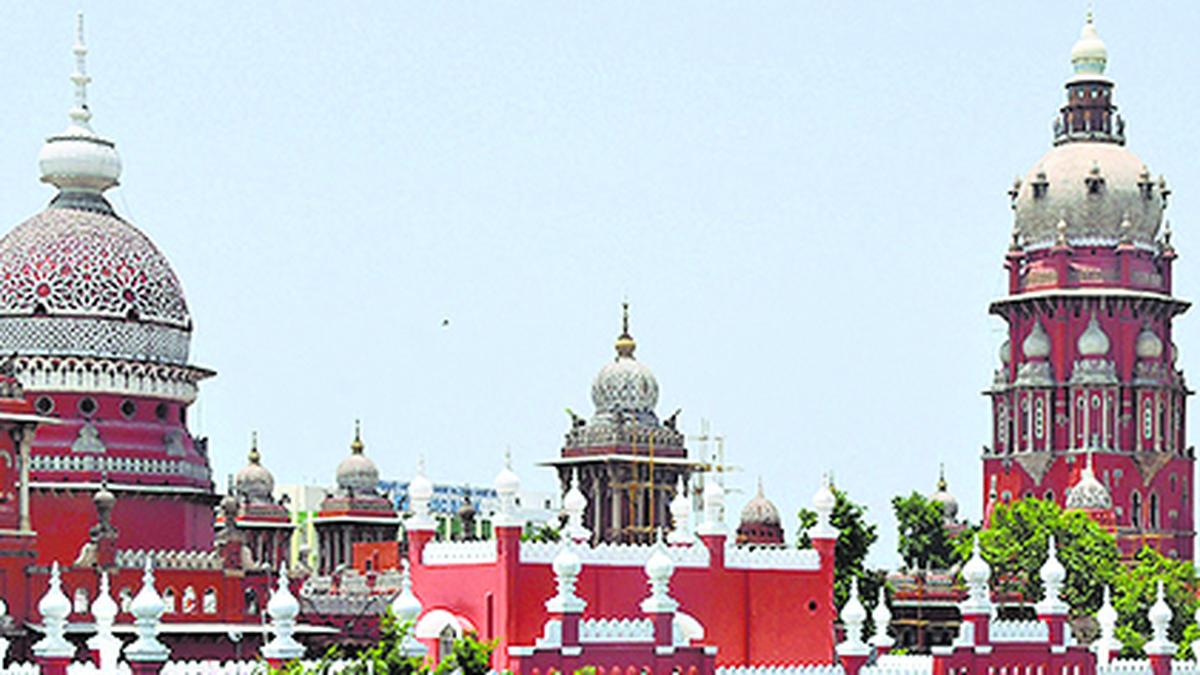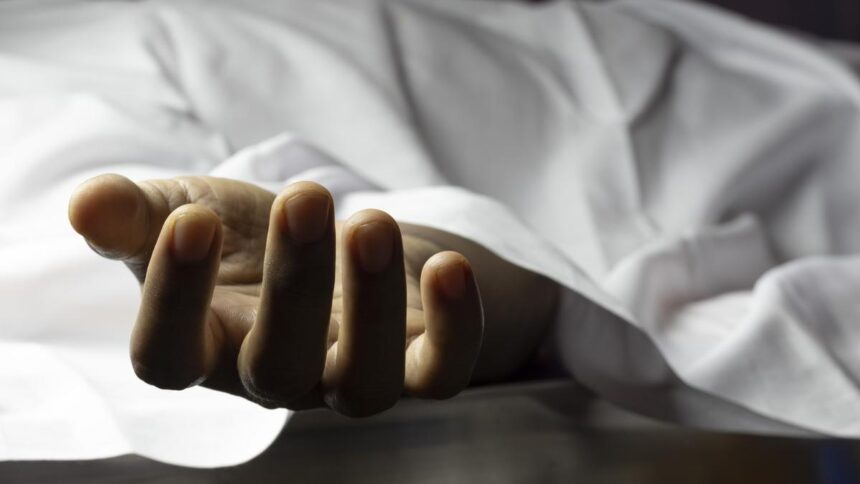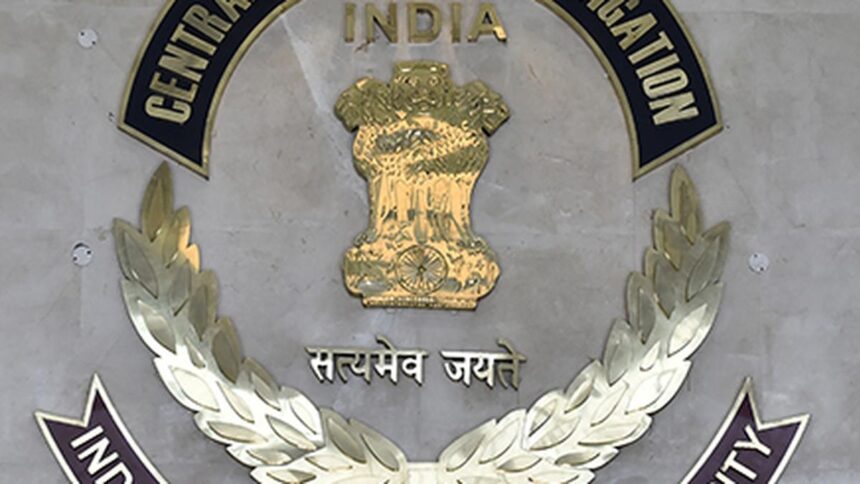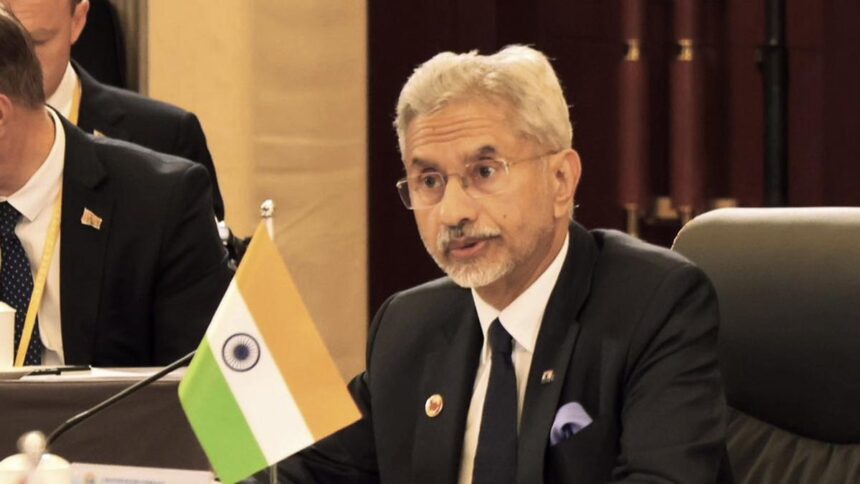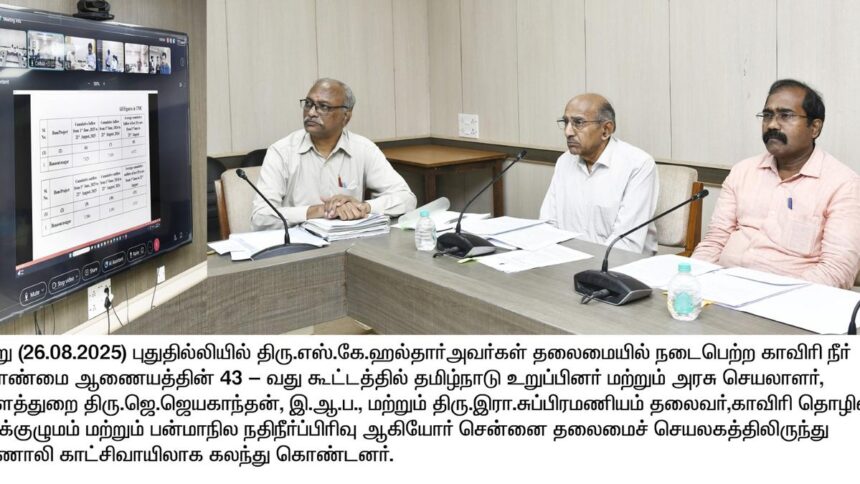
CHENNAI : 27/05/2022: FOR CITY : A view of the Madras High Court Building in Chennai. Photo : PICHUMANI K / THE HINDU
| Photo Credit: PICHUMANI K
State Public Prosecutor (SPP) Hasan Mohamed Jinnah on Tuesday suggested to the Madras High Court the existing statutory as well as judicial bar on revealing the identity of victims of rape and child sexual offences must be extended to victims of all kinds of sexual offences.
Appearing before Justice N. Anand Venkatesh, the SPP said, the judicial magistrates in the State could also henceforth direct the police to submit the First Information Reports (FIRs), related to all kinds of sexual offences, only in sealed covers in order to prevent disclosure of identity.
The SPP pointed out Section 72 (a corresponding provision to Section 228A of the Indian Penal Code) of the Bharatiya Nyaya Sanhita (BNS) prescribes a two year prison term for those who print or publish any matter which had revealed the identity of victims of select offences.

Section 72 states the identity of the victims of rape, gang rape, sexual intercourse by husband upon his wife during separation, sexual intercourse by a public servant by misusing official authority and sexual intercourse by employing deceitful means should not be printed or published.
Further, the Supreme Court in the famous Nipun Saxena versus Union of India case, decided in December 2018, had ordered that the identity of victims of rape and Protection of Children from Sexual Offences (POCSO) Act offences should not disclosed in print, electronic as well as social media.
The top court further ordered that FIRs related to such offences should not be made available in the public domain and that the police must keep all documents, containing the identity of the victim, in a sealed cover. The orders were issued to all States and Union Territories in the country.
Mr. Jinnah suggested this protection need not be confined only to victims of rape and POCSO offences and that it could be extended to victims of all kinds of sexual offences. He made the submission during the hearing of a writ petition filed by a woman advocate against circulation of her private videos in the internet.
Representing her, senior counsel Abudu Kumar Rajaratnam told the court the Union Ministries of Housing and Urban Affairs, Home Affairs and Electronics and Information Technology had convened a national conference on ‘Making Cities Cyber Secure’ in New Delhi on July 18, 2025.
The conference had brought together key stakeholders to address growing cybersecurity challenges and discussed the appointment of Chief Information Security Officers (CISOs). Mr. Rajaratnam said, the CISOs could serve as nodal officers to help women whose private images and videos reach the internet.
After recording the submissions made by the SPP and the senior counsel, Justice N. Anand Venkatesh granted time till August 5 for the Ministry of Home Affairs to come up with a Standard Operating Procedure (SOP) to be followed for assisting women facing agony due to cyber threats.
During the course of hearing of the case, the judge said: “Though sexually explicit private videos of men also get circulated on the internet, no man ever bothers about that. It is the only the women who suffer because of the way in which the society treats them and makes them feel ashamed.”
Published – July 23, 2025 12:13 am IST







